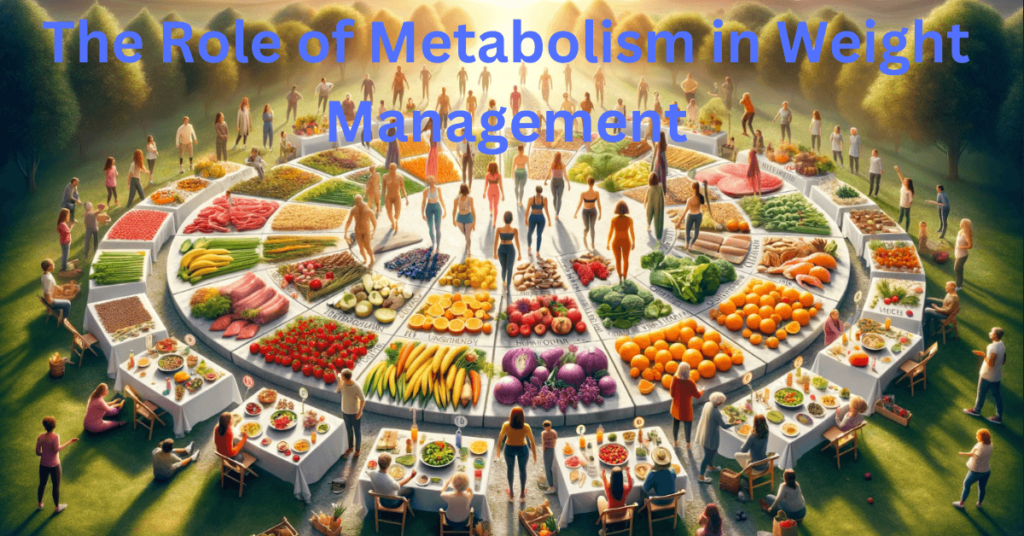Introduction to Metabolism
At the core of weight control is the concept of metabolism, a term that refers to all the chemical processes by which your body converts food into energy. This complex network of biochemical reactions keeps your body functioning, allowing you to grow, repair damage, and respond to your environment. Metabolism can be broadly categorized into two types: catabolism, which breaks down molecules to produce energy, and anabolism, which uses this energy to build up molecules. Metabolic rate is a critical player in how easily a person gains or loses weight.
Understanding Basal Metabolic Rate
Your basal metabolic rate (BMR) is the number of calories your body needs to accomplish its most basic (basal) life-sustaining functions, including breathing, circulation, cell production, nutrient processing, and protein synthesis. BMR varies from person to person due to factors such as age, sex, body composition, and genetics. Generally, those with more muscle mass have a higher BMR because muscle tissue requires more energy to maintain than fat tissue does.
Factors That Influence Metabolism
Many factors can affect your metabolism, some of which are within your control. For instance, physical activity not only burns calories during the exercise itself but also increases muscle mass which in turn elevates your BMR. Contrary to popular belief, eating small, frequent meals does not significantly boost your metabolism, but ensuring those meals are rich in protein can have a moderate effect due to the thermic effect of food. Other factors like hormonal imbalances, sleep deprivation, and stress can also affect your metabolic rate.
How Metabolism Relates to Weight Control
Understanding metabolism is essential for effective weight control. When your caloric intake exceeds the amount of calories your body burns through BMR and physical activities, you gain weight. Conversely, consuming fewer calories than your body needs leads to weight loss, as your body starts to burn stored fat for energy. However, significantly reducing calorie intake can cause your body to adapt by lowering its BMR, a mechanism to conserve energy. This is often the challenge many face with plateauing weight loss.
The Role of Diet and Exercise in Metabolic Health
For sustainable weight control, it’s important to balance the energy equation by managing both sides: intake and expenditure. A well-rounded diet that provides all the necessary nutrients can optimize your metabolism, while regular physical activity increases your overall energy expenditure. Both diet and exercise can lead to improvements in BMR. Crucially, the focus should be on making long-term lifestyle changes rather than short-term diets that can lead to yo-yo weight cycles.
Myths and Realities of Boosting Metabolism
There are numerous myths about what can or cannot boost your metabolism. For example, no magical food or pill will significantly raise your BMR to the point where you can lose weight without considering other factors. A balanced approach considering diet quality, exercise, and healthy lifestyle habits is the most effective way to manage weight. Additionally, it’s important to note that while supplements and diet pills may promise a metabolic boost, their effectiveness is often not scientifically proven and can sometimes pose health risks.
Conclusion: The Big Picture in Weight Control
Effective weight control involves a comprehensive understanding of metabolism. Rather than looking for quick fixes, a combination of regular physical activity, a balanced diet, and consideration of individual metabolic differences will yield the best results. Recognizing that your BMR is just one piece in the weight management puzzle can lead to more effective and sustainable strategies for maintaining a healthy weight. Pivotal to this is respecting and nurturing your body’s metabolic processes through your lifestyle choices.




